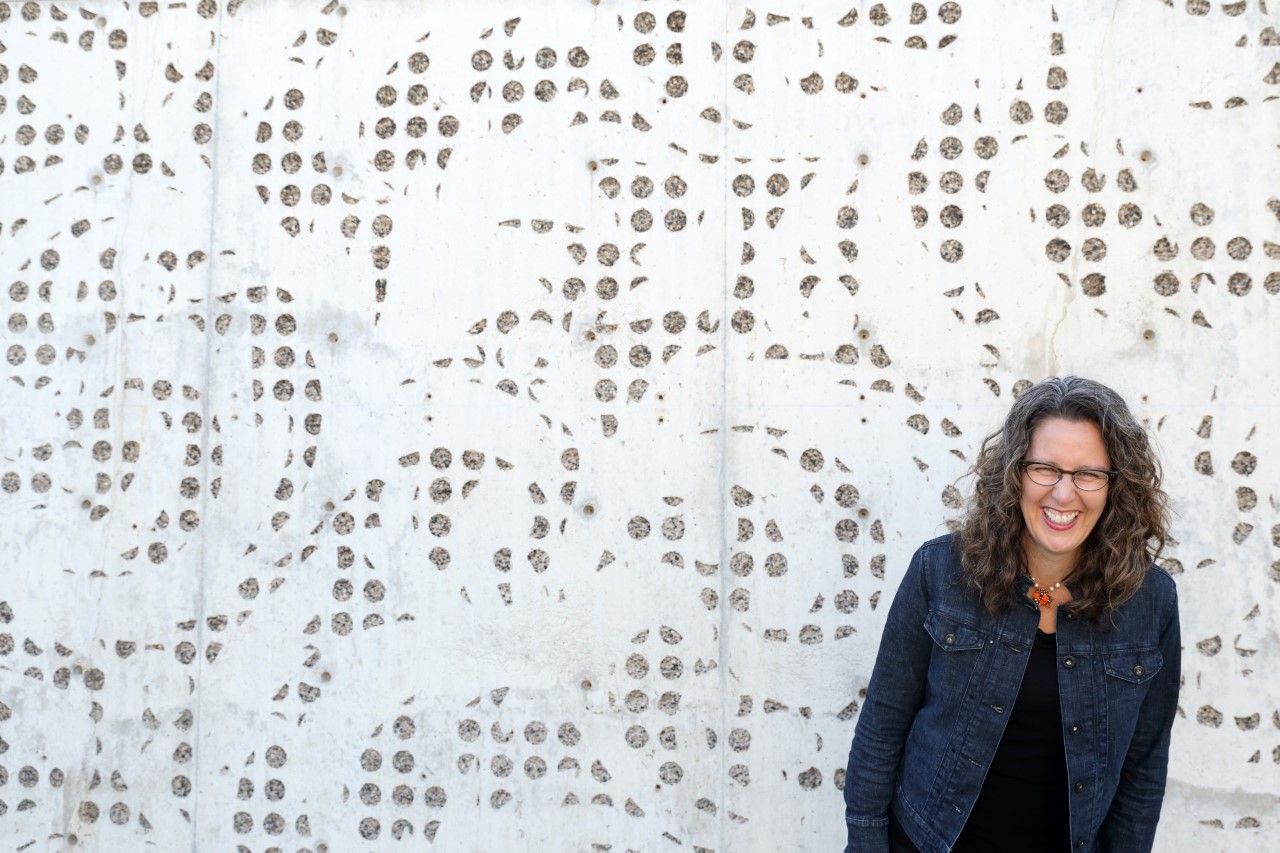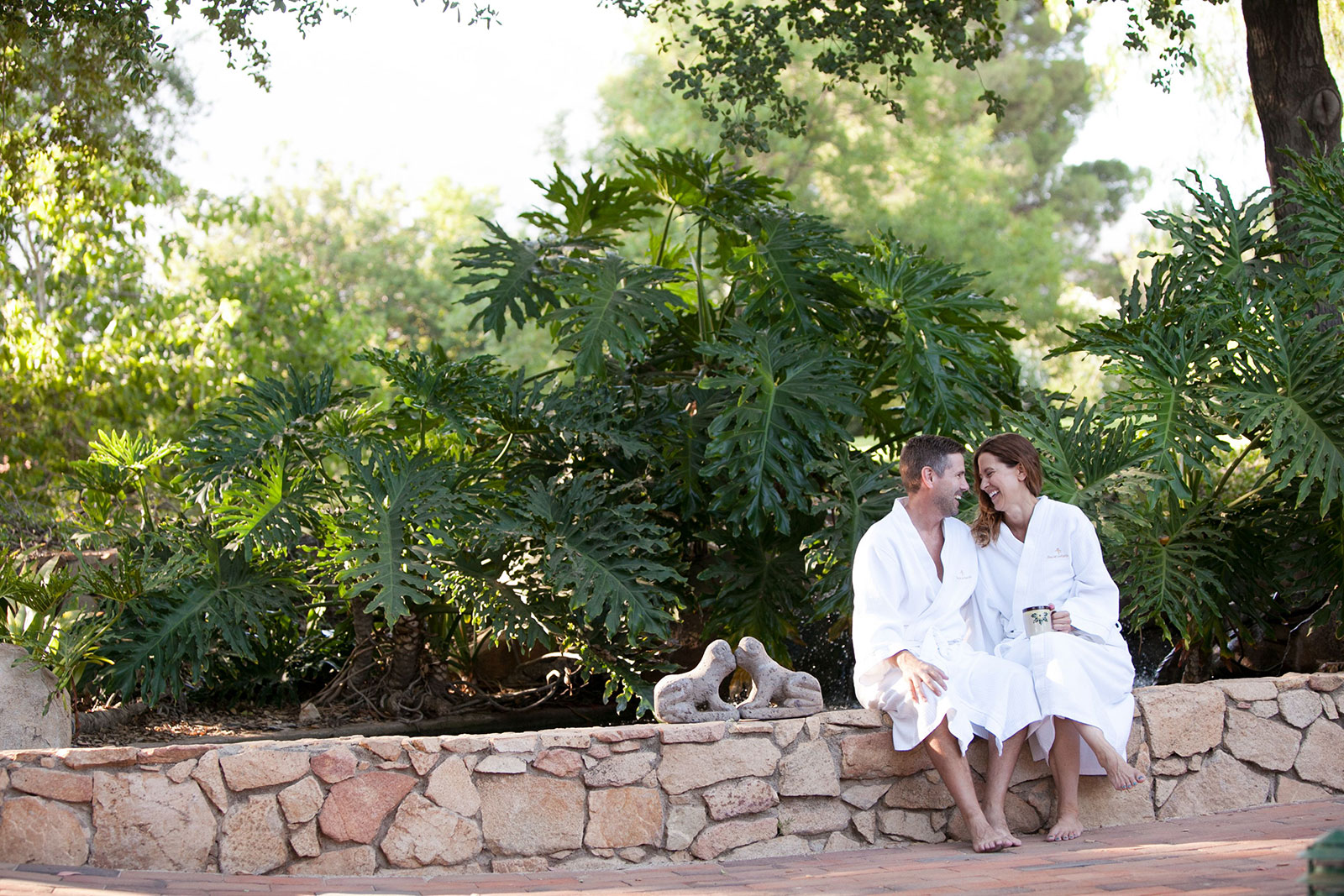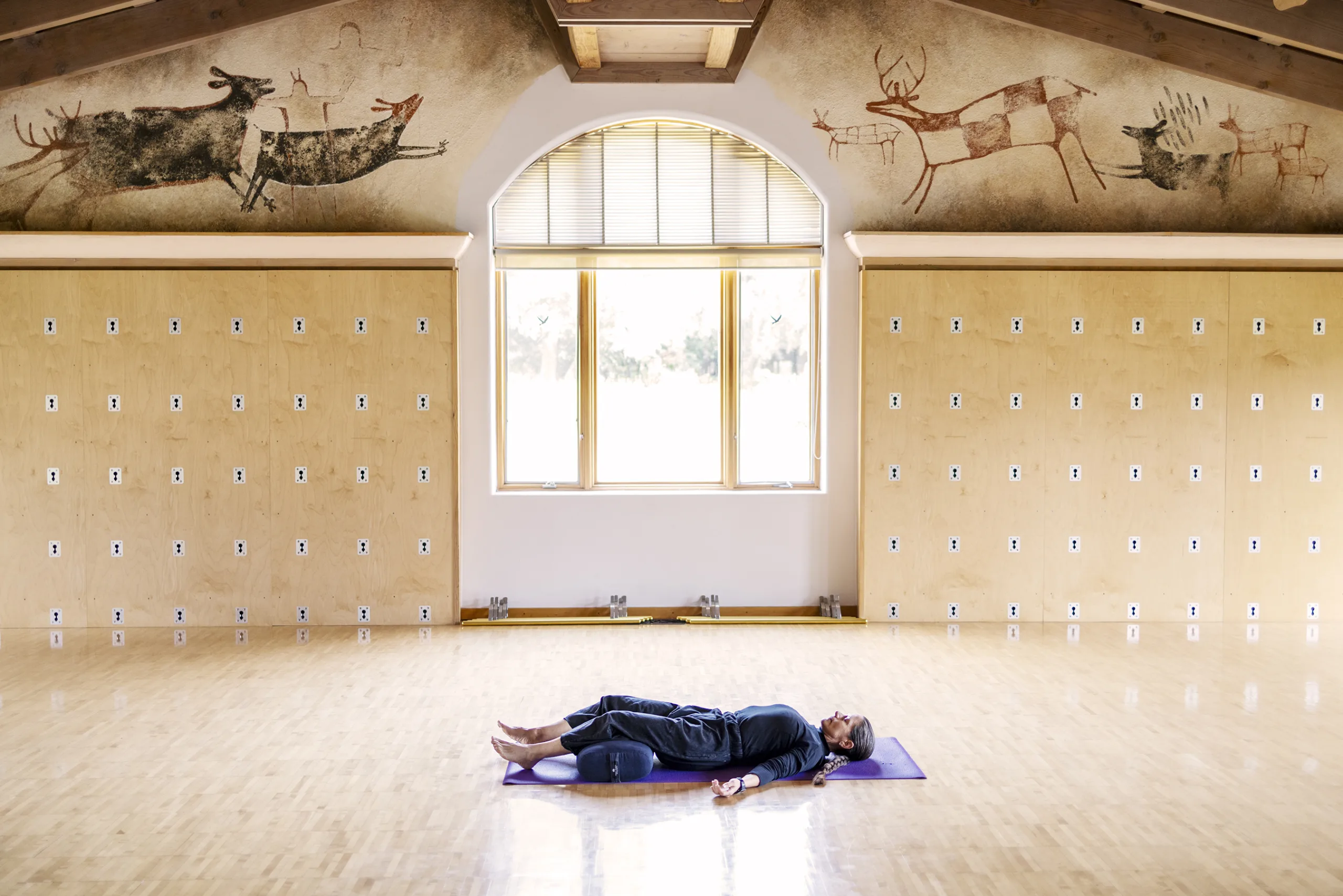The Six Elements of a Powerful Support System

It’s been a rough two years, and as many of us learned the hard way, humans are not meant to be isolated. We are social creatures. We live in communities. We depend on each other for physical and emotional support. During the pandemic, our external support structures were eliminated or reduced – religious organizations, schools, workplaces, yoga studios, and the list goes on. We got creative. We prioritized our relationships and decided who was worth another hour on Zoom.
Now the world is reopening, and we can see each other again. It’s a great time to think about consciously crafting your support system.
I think of support systems in six categories. You’ll access each kind of support for different things and look to different people to provide them. Sometimes you’ll pay for expertise, and other times you’ll get help from friends, yourself, or even strangers.
Here are the 6 Elements of a Powerful Support System:
- Physical: You need people to help you carry boxes, cut your hair, and renovate the bathroom. You need physical support at the hospital or from your massage therapist. Some physical support will be intimate (a home-health nurse), and some will be casual (the technician who fixes your dishwasher). You can hire it (like movers) or receive it (like the person who opens the door when your arms are full of groceries).
- Advice: Sometimes you need an expert to tell you what to do – like an accountant for your taxes, an attorney for your estate plan, or a mentor who helps you navigate internal company politics. Other times, you need friends to tell you how to handle a delicate social situation or a colleague to help you brainstorm for a conversation with your VP.
- Emotional: When you’re crying or want to scream, you want people who will hold the space for your feelings. The best emotional support holds no judgment, advice, or solutions and instead leaves room for all your messy humanness. You can hire emotional support like a therapist or coach or get it free from your friends and family.
- Personal: Deep personal support is best in the form of therapist or a coach. It’s the kind of support that gets under your patterns, helps you heal old wounds, and helps you see the truth in your choices. Sometimes deep support feels nurturing. Other times it can be uncomfortable. When done well, it leads to lasting freedom and peace.
- Spiritual: Spiritual support helps you find answers to big questions, the meaning of life kind of stuff. It comes in seen and unseen forms. Although religious organizations and communities are an obvious and awesome place to tend to your spirit, they’re not the only place. You can find it in nature, at yoga, through meditation, from a therapist, coach, or spiritual advisor.
- Self: You are one of your best supports. You create routines like sleep, nutrition and exercise and routines to care for yourself. You provide your own emotional support by holding compassion through all of life’s ups and downs. You take responsibility for your choices and care for yourself when things get hard.
Do you notice gaps in your support structure? Yay! Go fill them. Is your support structure strong and balanced? Yay! You’re ready to ride life’s waves.
One parting thought: You are also a support structure for others, probably in all six categories. Be intentional about the support you provide as much as the support you receive. Become embedded in the mutual support of your community and able to handle anything life brings your way.
 Christina Boyd-Smith, PhD is an accredited professional coach by the International Coach Federation. In addition to being the Corporate Rebel Coach, she works with clients 1:1, group coaches in her signature program, Clarity U, and is a speaker and author. With her no-nonsense and spirited style, she has helped leaders and teams in business, non-profit, and educational organizations such as Target, GE, Boston Scientific, Northwestern Mutual and US Bank. And, she makes a pumpkin muffin that will make you weep with joy.
Christina Boyd-Smith, PhD is an accredited professional coach by the International Coach Federation. In addition to being the Corporate Rebel Coach, she works with clients 1:1, group coaches in her signature program, Clarity U, and is a speaker and author. With her no-nonsense and spirited style, she has helped leaders and teams in business, non-profit, and educational organizations such as Target, GE, Boston Scientific, Northwestern Mutual and US Bank. And, she makes a pumpkin muffin that will make you weep with joy.
See when our Inner Fitness presenters will be with us and read more about relationships and mindfulness.


